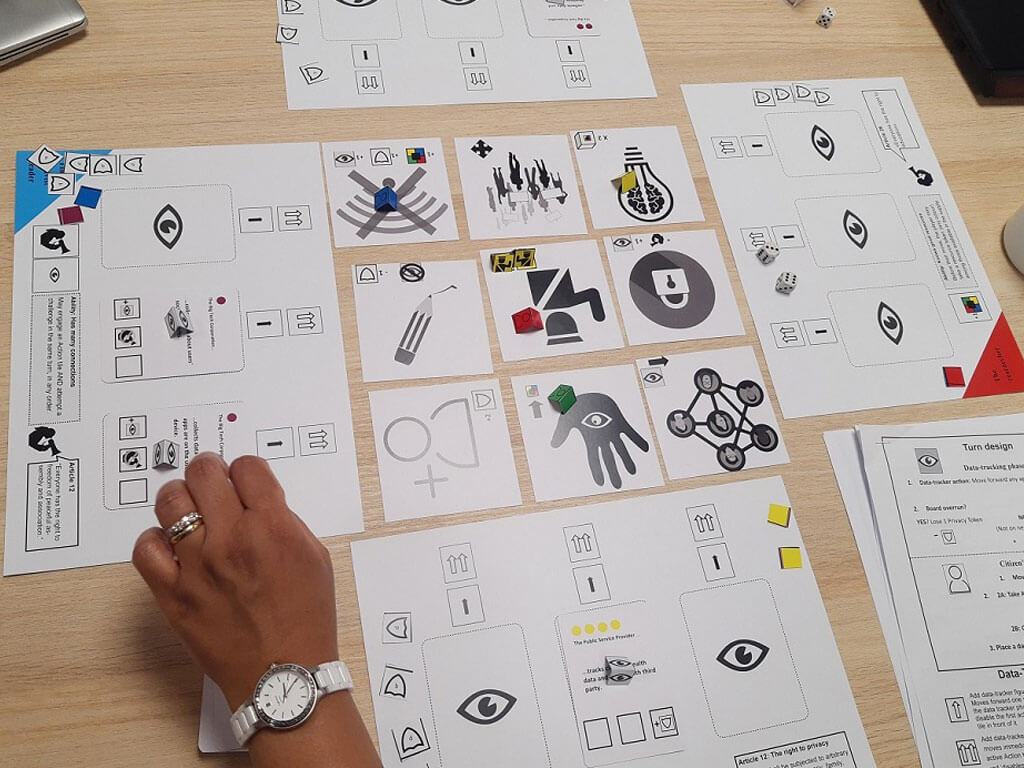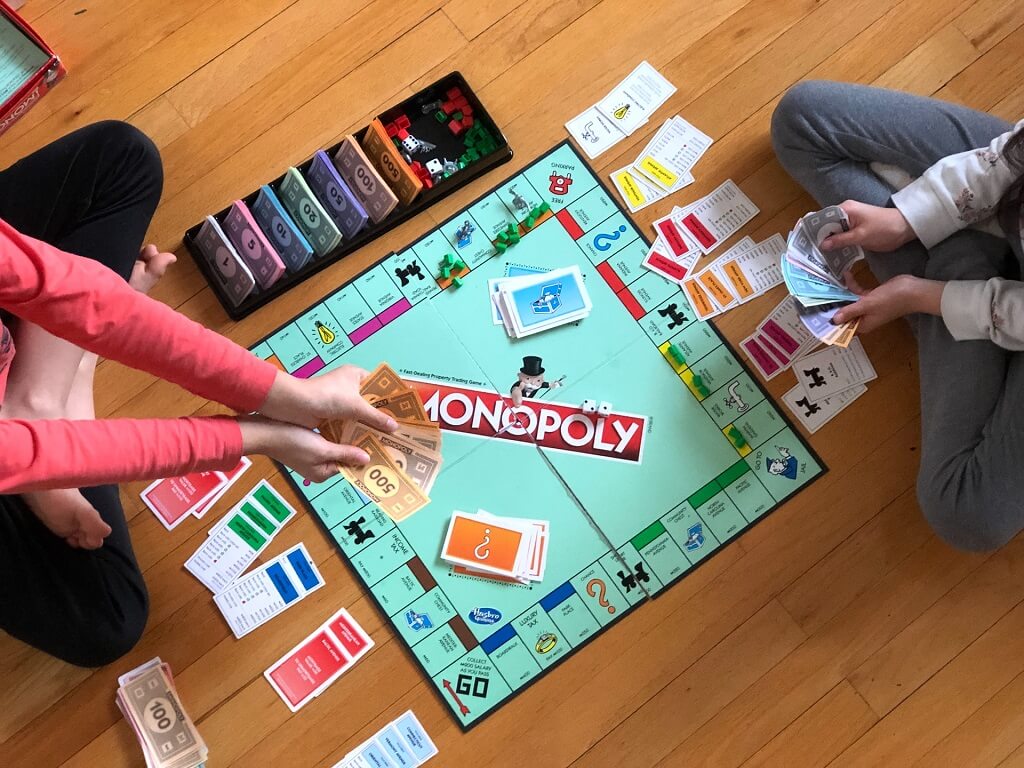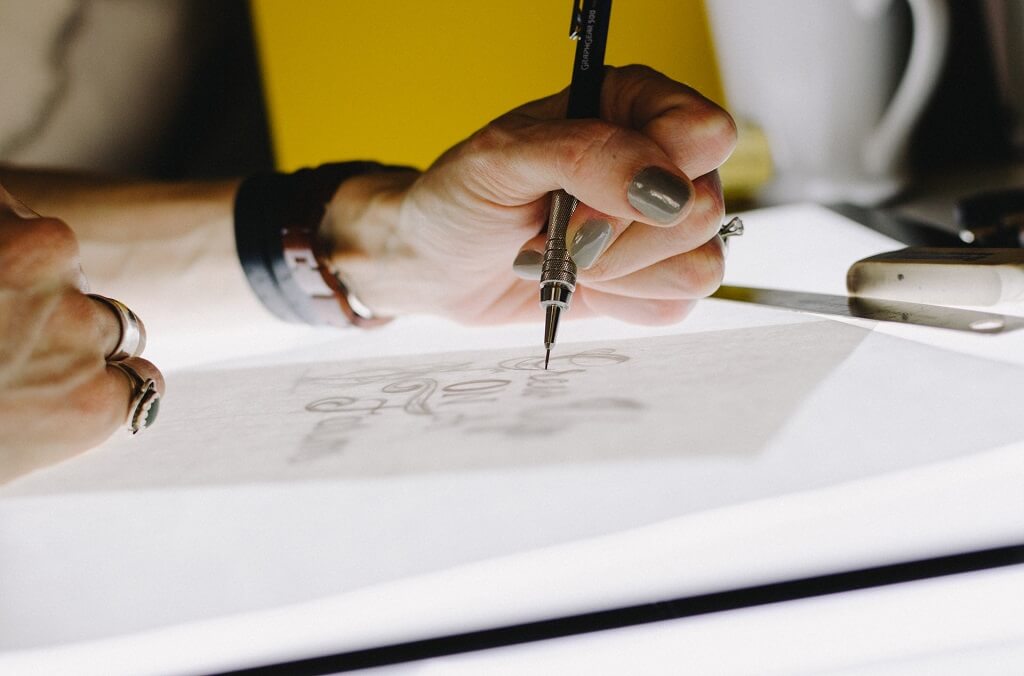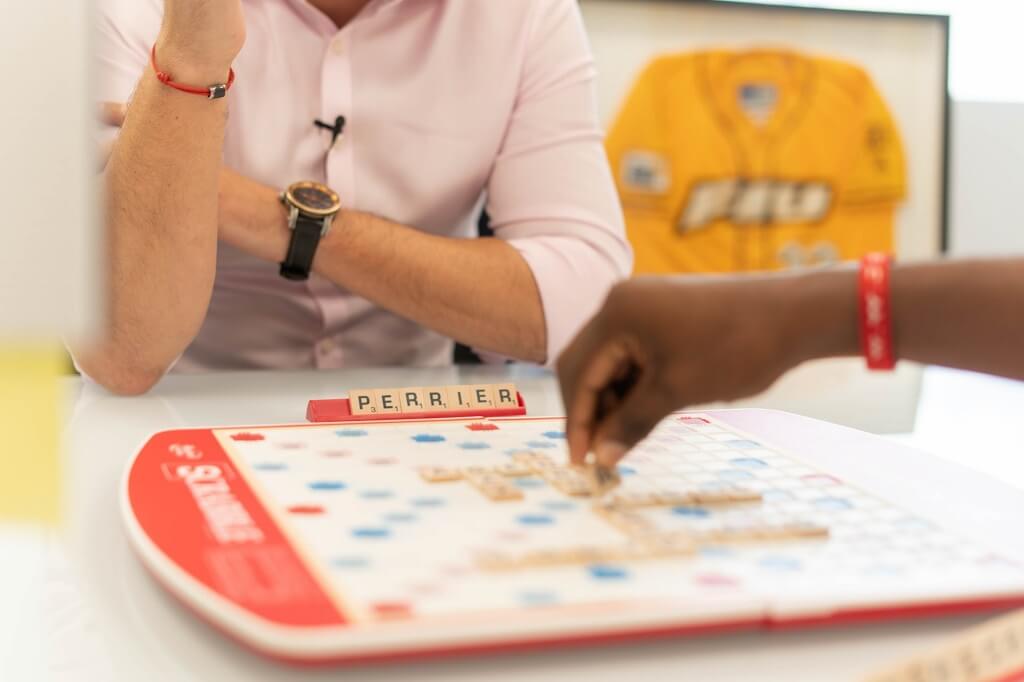Most board game enthusiasts have said they could create an amazing tabletop game at some point, but what if you have an idea with real potential? How do you turn that into a reality? This guide on how to make a board game prototype can help.
Table of Contents
1. Come up with your concept
This is the easy part for most board game designers. You might have a fun fantasy-style game in mind where players must complete an epic quest. Or, you might have a kid-friendly game concept with an educational approach. As long as it doesn’t encroach on someone else’s intellectual property, you can’t go too wrong.
You also need to a clear goal and a route from point A to point B. You can add twists and turns and a choice of path, but everyone needs some sort of finishing line.
2. Write down all the details of the mechanics
This means everything you can possibly think of about the characters involved, how they move across the board and other details that make the gameplay interesting.
- What are the rules with the dice?
- Are there any cards to pick up?
- Is there a point scheme or monetary system?
- Do players have certain abilities?
Write it all down in a notebook so you don’t get confused or start contradicting yourself when explaining the game to others.
3. Start building a rough working prototype
Now that you have a better sense of how this game could work as a physical tabletop game, it’s time to start getting some pieces together. Your first prototype doesn’t have to be anything fancy. Just use what you can to bring the characters and board to life.
A great tip is to borrow pieces from other board games, either your own collection or thrift stores. If you have to play the first game pretending that the Monopoly dog is a wizard or Scrabble tiles are tokens, so be it. Otherwise, you can start getting creative with pieces of card or maybe a 3D printer. It depends on your practical skills and available time.
Alternatively, you could invest in a kit with cards to write on and basic features, such as The White Box kit. This will offer a slightly more polished impression of the setup and allow for a better game.
4. Play through the game with friends and family
Now that you have a physical board game – even if it is rough around the edges – you can take it for a test run. Get a group of patient friends and family members over, explain the idea and rules, and see how it all comes together. There are sure to be some teething issues. Maybe there are unnecessary complications, or it takes far too long to complete. Take advantage of these moments to fine-tune the game and make it more playable and fun.
5. Carry out market research
Now comes the scary part. You need to bring in some players who are completely unfamiliar with the concept to play through the game. Ideally, they will fit your target demographic. You can also discuss graphics, story ideas, and more to flesh out the branding. Get in touch with board game fanatics on local forums for an expert opinion too. Their feedback may be harsh, but that’s important. This will let you tweak the design to create the best possible version.
6. Develop your ideas and build the full game
Everything you learn from these testing sessions can help you create a stronger story and a more engaging and playable game. From there, you can take the leap and create a full tabletop game. Some talented freelancers can work on designs and graphics. Plenty of companies will turn all that into a professional-looking board with great cards and pieces.
7. Pitching your board game prototype to investors
Finally, you are ready to start pitching to investors and retailers. This is where all that time spend carefully writing notes and carrying out market research pays off. If you are prepared to handle the rejections, it is worth it for the moment when you finally sell your board game.
In Summary
Creating a board game prototype requires a lot of work and dedication. You will need to continue to expand on concepts and adapt ideas to build something playable and marketable. With the right concept, mechanics, and passion for tabletop gaming, you have every chance of succeeding.




